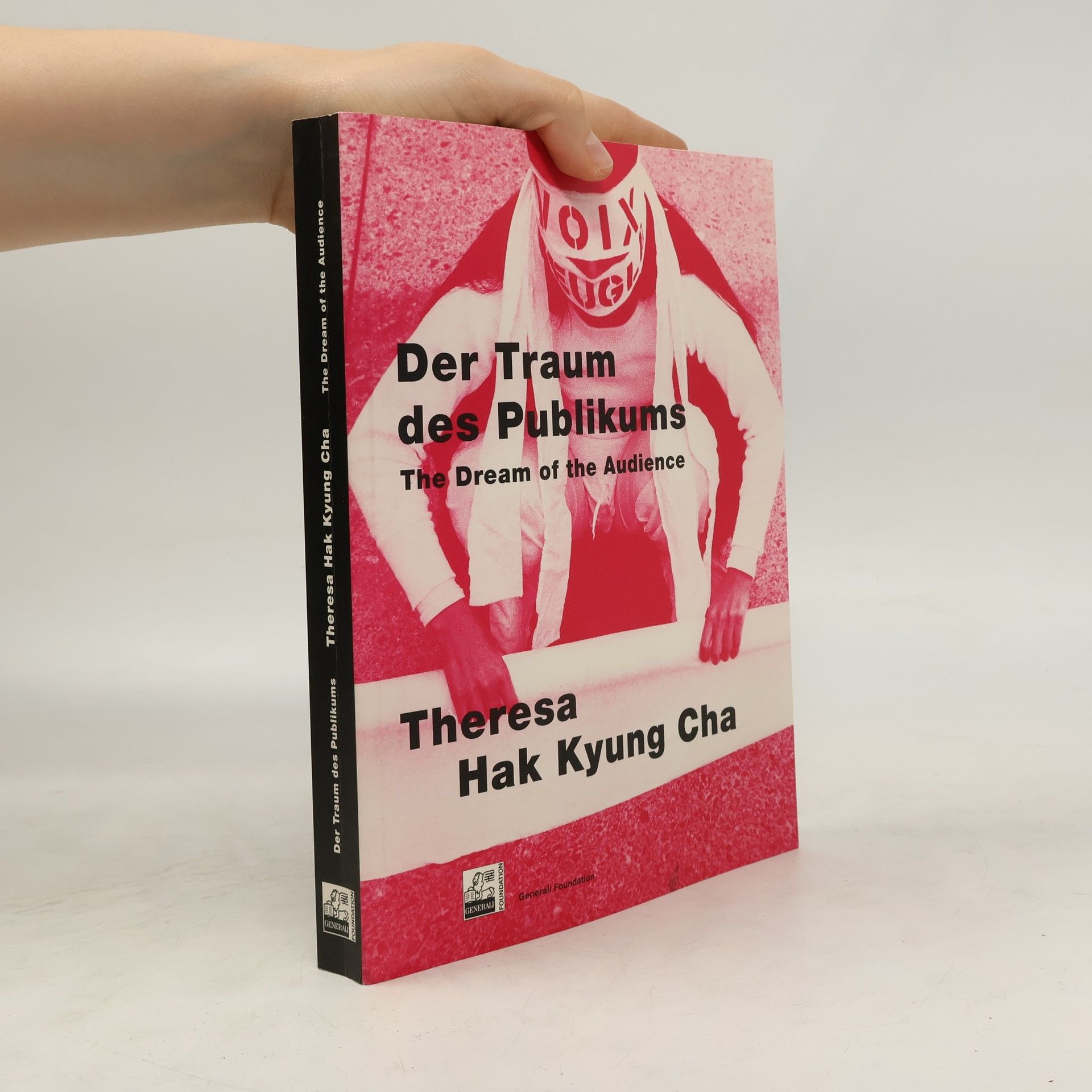In her radical exploration of cultural and personal identity, the writer and artist Theresa Hak Kyung Cha sought “the roots of language before it is born on the tip of the tongue.” Her first book, the highly original postmodern text Dictee, is now an internationally studied work of autobiography. This volume, spanning the period between 1976 and 1982, brings together Cha’s previously uncollected writings and text-based pieces with images. Exilee and Temps Morts are two related poem sequences that explore themes of language, memory, displacement, and alienation—issues that continue to resonate with artists today. Back in print with a new cover, this stunning selection of Cha’s works gives readers a fuller view of a major figure in late twentieth-century art. Copublished by Berkeley Art Museum and Pacific Film Archive
Theresa Hak Kyung Cha Books
Theresa Hak Kyung Cha is a Korean American writer, filmmaker, and performance artist whose work explores themes of identity and hybridity. Her most celebrated work, which masterfully blends narrative, poetry, and visual elements, is considered a classic of autobiographical literature. Cha engaged with the intersection of diverse genres and forms, her approach to creation reflecting her own varied education and experiences. Her innovative style and the depth of her commentary on American hybridity make her a distinctive and influential literary figure.



This restored edition reflects Theresa Hak Kyung Cha’s original vision and intentions for Dictee, a foundational and unparalleled text of modern Asian American literature. Dictee is the best-known work of the multidisciplinary Korean American artist Theresa Hak Kyung Cha. This restored edition, produced in partnership with the Berkeley Art Museum and Pacific Film Archive (BAMPFA), reflects Cha’s original vision for the book. Featuring the original cover and high-quality reproductions of the interior layout as Cha intended them, this version of Dictee faithfully renders the book as an art object in its authentic form. A formative text of modern Asian American literature, Dictee is a dynamic autobiography that tells the story of several women: the Korean revolutionary Yu Guan Soon, Joan of Arc, Demeter and Persephone, Cha’s mother Hyung Soon Huo (a Korean born in Manchuria to first-generation Korean exiles), and Cha herself. Cha’s work manifests in nine parts structured around the Greek Muses. Deploying a variety of texts, documents, images, and forms of address and inquiry, Cha links these women’s stories to explore the trauma of dislocation and the fragmentation of memory it causes. The result is an enduringly powerful, beautiful, unparalleled work.
Der Traum des Publikums
- 260 pages
- 10 hours of reading